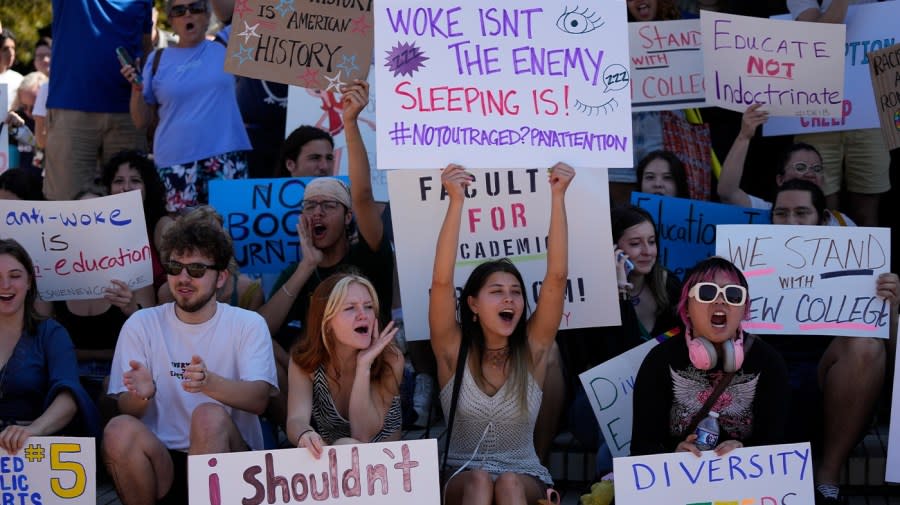Most Americans favor DEI programs: Survey

Most Americans favor diversity, equity and inclusion (DEI) programs, according to a new poll.
The poll, from The Washington Post and Ipsos, found that 61 percent of Americans think it is “a good thing” for companies to take up DEI programs, which are often aimed at promoting fairness and equality in institutions. Thirty-four percent of respondents said it is “a bad thing” for companies to take up DEI programs.
DEI programs have become a hot-button issue for American conservatives, with congressional Republicans introducing a bill to ban them and their funding in the federal government last week. Sen. JD Vance (R-Ohio), who introduced the bill, said DEI “has no place in our federal government or anywhere else in our society.”
“I’m proud to introduce this legislation, which would root out DEI from our federal bureaucracy by eliminating such programs and stripping funding for DEI policies anywhere it exists,” Vance continued in his statement. “Americans’ tax dollars should not be co-opted to spread this radical and divisive ideology — this bill would ensure they are not.”
The Washington Post-Ipsos poll also asked about companies taking up “programs to hire more employees from groups that are underrepresented in their workforce, such as racial and ethnic minorities and people with disabilities and to promote equity in the workplace,” to which 69 percent said was “a good thing.” Twenty-six percent of Americans in the same poll said companies going ahead with those programs is “a bad thing.”
Back in March, the Congressional Black Caucus (CBC) called on the Justice Department to investigate the legality of states banning DEI programs at colleges and universities. In right-leaning states like Florida and Texas, DEI has been banned at public colleges.
The Washington Post and Ipsos poll was conducted from April 9-16, with a sample of 1,029 people and a margin of sampling error of 3.2 percentage points. The questions about approval of DEI programs and hiring employees from “underrepresented groups” both featured half-samples of the original sample of 1,029 people including 512 to 517 people, with an error margin of plus or minus 4.5 percentage points, according to a Post article on the poll.
This story was updated at 5:26 p.m.
Copyright 2024 Nexstar Media, Inc. All rights reserved. This material may not be published, broadcast, rewritten, or redistributed.
For the latest news, weather, sports, and streaming video, head to The Hill.
